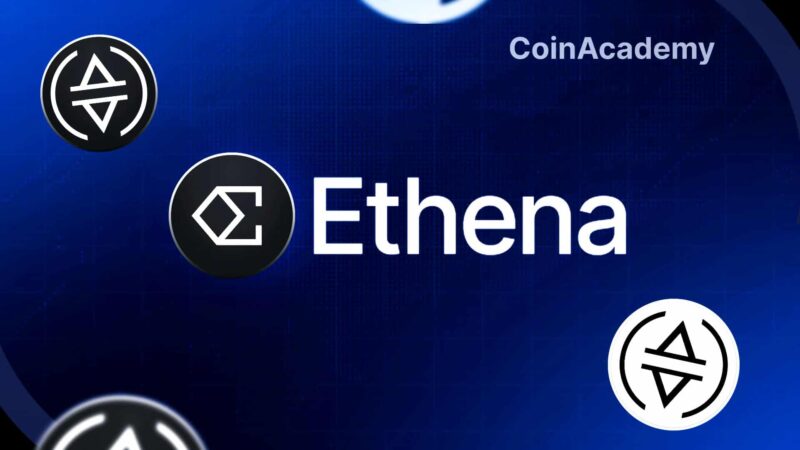A recent development in the open-source repository for Uniswap V4 has stirred up controversy in the crypto sphere. This new feature, known as a hook, offers users the ability to undergo Know Your Customer (KYC) verification before participating in a trading pool. While the inclusion of such a feature is seen as a proactive response to increasing regulatory pressures, it has also sparked a passionate debate about the potential ramifications on decentralized finance (DeFi) protocols.
The Heart of Uniswap’s KYC Hook
A hook, in simple terms, acts as a customizable tool that allows developers to modify a program without disrupting its main structure. With this hook in Uniswap V4, developers can integrate KYC checks into DeFi protocols. Financial entities have long used KYC processes to confirm the identities of clients and assess related risks, primarily to combat illicit money laundering and potential terrorist financing. Available for review on GitHub, this KYC hook was incorporated by a community developer into the Uniswap V4 repository, presenting it as an optional function. Intriguingly, the KYC verification relies on a non-fungible token (NFT).
X (formerly Twitter) quickly seized on the news, criticizing the advancement of regulation in the crypto ecosystem, imposing increasingly centralized-like verification standards.
There is an undeniable rise in DeFi protocols being scrutinized by global governments. This is evidenced by the recent acceptance of a regulatory framework for cryptocurrencies by the G20 – a strategy presented by the International Monetary Fund (IMF) and the Financial Stability Board (FSB). With Uniswap V4 set to unveil customizable hooks by early 2024, its accessibility should be restricted to approved governance entities.




